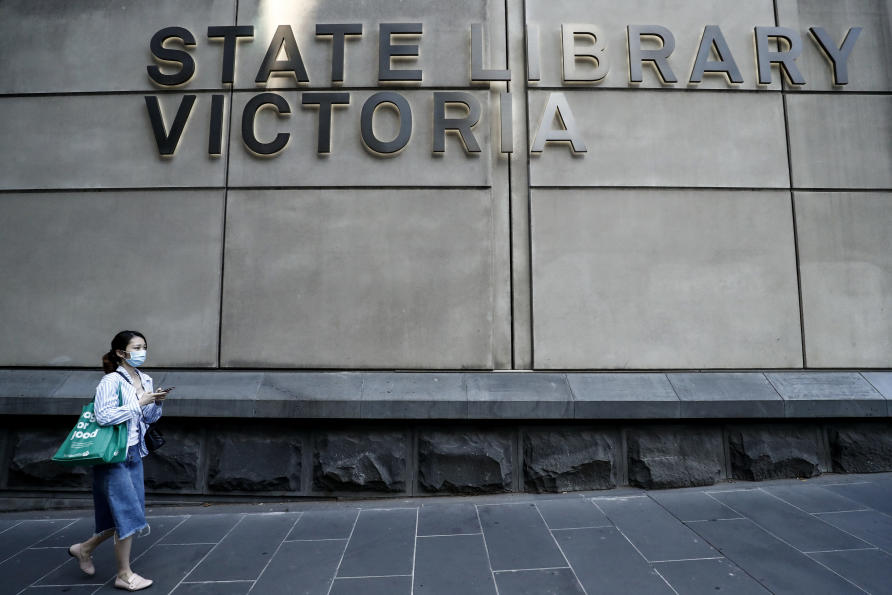

By the beginning of this week, more than 7,200 people had signed the online petition - putting them well on their way to their target of 10,000 signatures. It seems a logical and simple enough message, and the campaign started by the two girls and taken up by a new coalition of conservation groups called Hong Kong for Elephants has clearly struck a chord. "Keeping it in warehouses, like the Hong Kong government is doing, is dangerous because criminals can easily come back and take everything and sell it illegally." So no one can buy this and when there is no popular demand for ivory the poachers will stop poaching.

Together with 11-year-old Lucy Skrine, a student at the ISF Academy, Christina has set up her petition to try to persuade the Hong Kong government to follow the example of the Philippines and the US by destroying its ivory stockpile and sending out a message to poachers and smugglers.Įxplaining their mission, Lucy said: "By burning the ivory, we can also make sure that no one can sell the ivory again.

If we don't save them now, elephants might be extinct in about 10 years' time." "It's really important that we do this, because we want to stop the ivory trade. "My school friends have all signed the petition and they all support what we are doing to save the elephants because they love animals too. "Elephants have a right to live," said the primary student at the Chinese International School after last Friday's event in Tsim Sha Tsui. Schoolgirl Christina Seigrist, 8, was thrilled and just a little overwhelmed to see scores of people turn out to support an online petition and march she helped organize calling on the Hong Kong government to destroy its growing stockpile of smuggled ivory. Simon Parry reports on the secret mountain of 'white gold' that conservationists warn could put Hong Kong at threat from international criminals. The pandemic has brought an increased focus on food security, with the government drafting a food security law and outlining new efforts to curb food waste.Hong Kong is sitting on one of the world's biggest stockpiles of smuggled ivory with more than 20 tons seized in the last five years - but the government is resisting appeals to destroy the ivory. Last week, prices of cucumbers, spinach and broccoli had more than doubled from early October.Īlthough prices have eased in recent days, economists expect a significant year-on-year increase in consumer price inflation for October, the first in five months.

However, this year those efforts have become more urgent after extreme weather in early October destroyed crops in Shandong - the country's biggest vegetable growing region - and as outbreaks of COVID-19 cases stretching from the north-west to the north-east of the country threaten to disrupt food supplies. The government typically makes extra efforts to boost fresh vegetable and pork supplies before China's most important holiday, Lunar New Year, which in 2022 falls in early February. Some people said they were rushing to stock up on rice, cooking oil and salt.Įxtreme weather in early October destroyed crops as outbreaks threaten to disrupt food supplies. However, the notice went viral on social platforms shortly after posting. The aim is to better safeguard people's daily necessities during this winter and next spring," Mr Guan said. "Judging from the current situation, the supply of daily necessities in various places is sufficient and should be fully guaranteed," Mr Zhu said.ĭeputy head of the circulation and consumption institute under the ministry, Guan Lixin, said the notice was "issued based on the frequent natural disasters" which he said caused soaring vegetable prices as well as sporadic COVID-19 cases. The head of the Ministry's department of market operation and consumption promotion, Zhu Xiaoliang, said the notice was intended to ensure stable supplies and prices of food for residents through various measures, including guiding firms in signing supply contracts, according to the Global Times. In response, Chinese officials said the notices were part of regular government efforts to help residents prepare for potential emergencies. Shortly after the warning was posted, it stirred concern on Chinese social media that it may have been triggered by heightened tensions with Taiwan. The notice warned local authorities to buy vegetables that could be stored well in advance, and also urged them to strengthen emergency delivery networks. A warning from the Commerce Ministry posted late on Monday, local time, came after COVID-19 outbreaks and heavy rain caused concerns over vegetable shortage supplies.


 0 kommentar(er)
0 kommentar(er)
